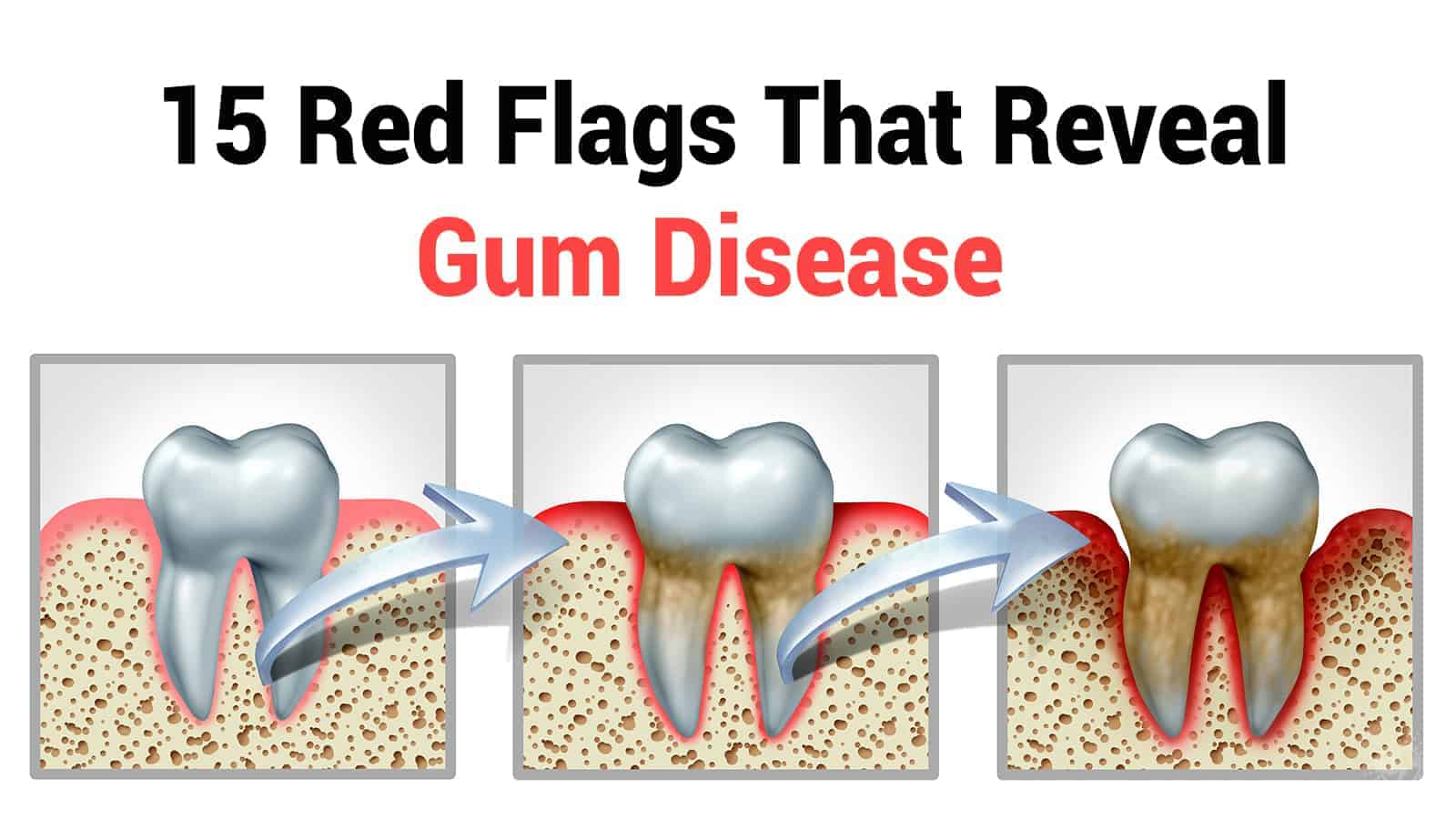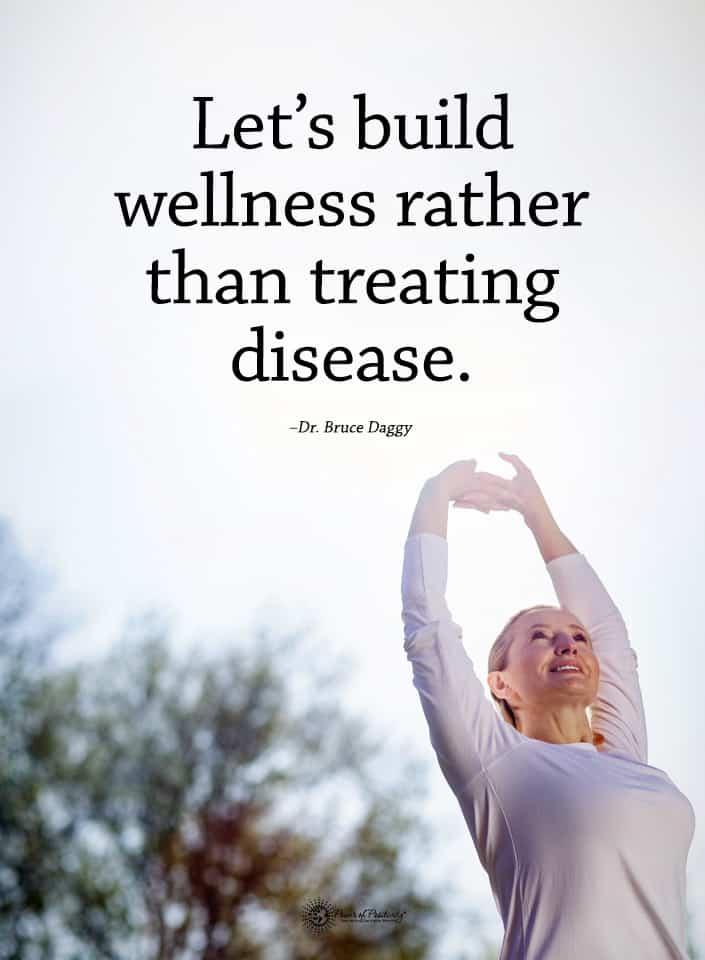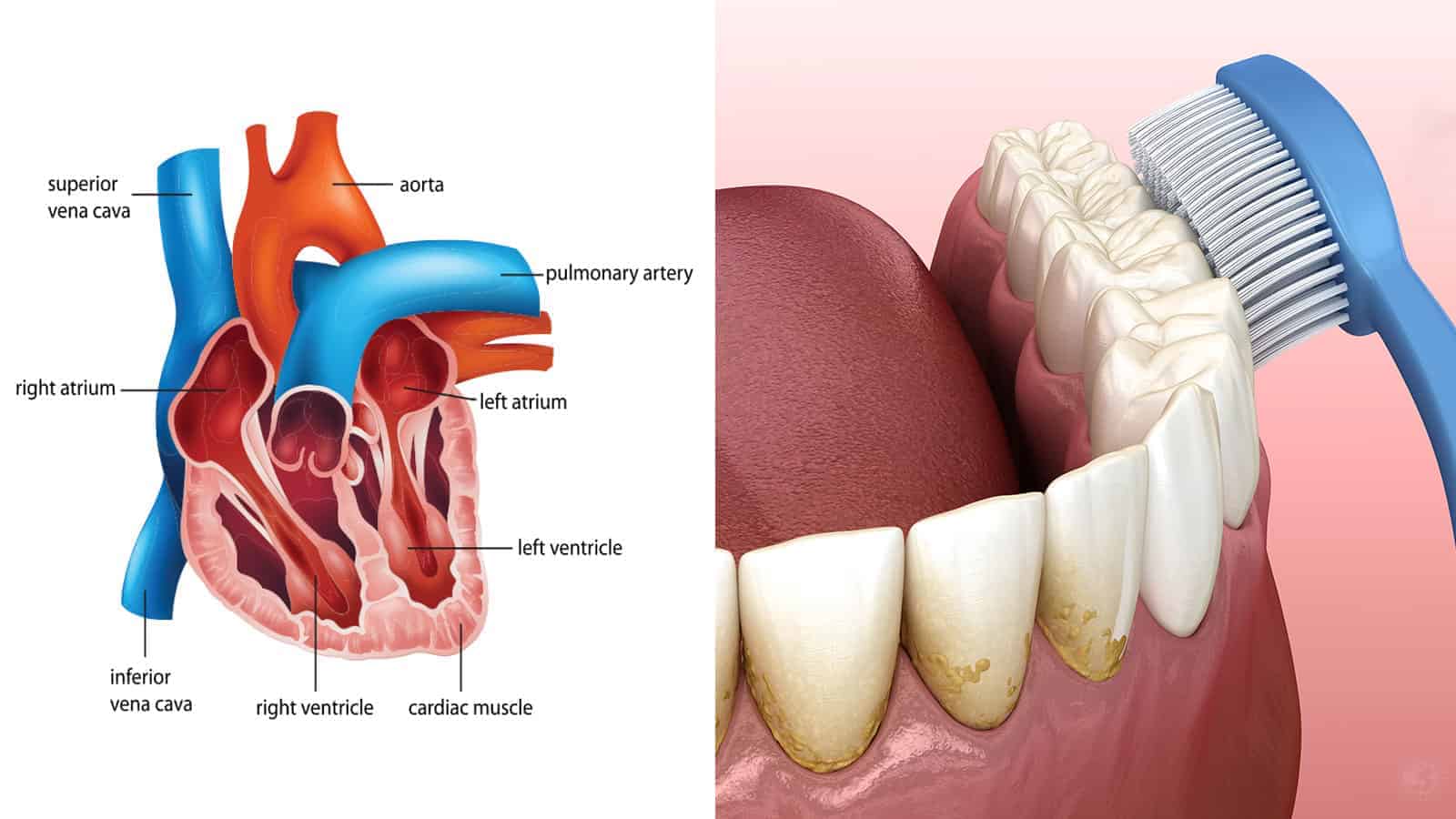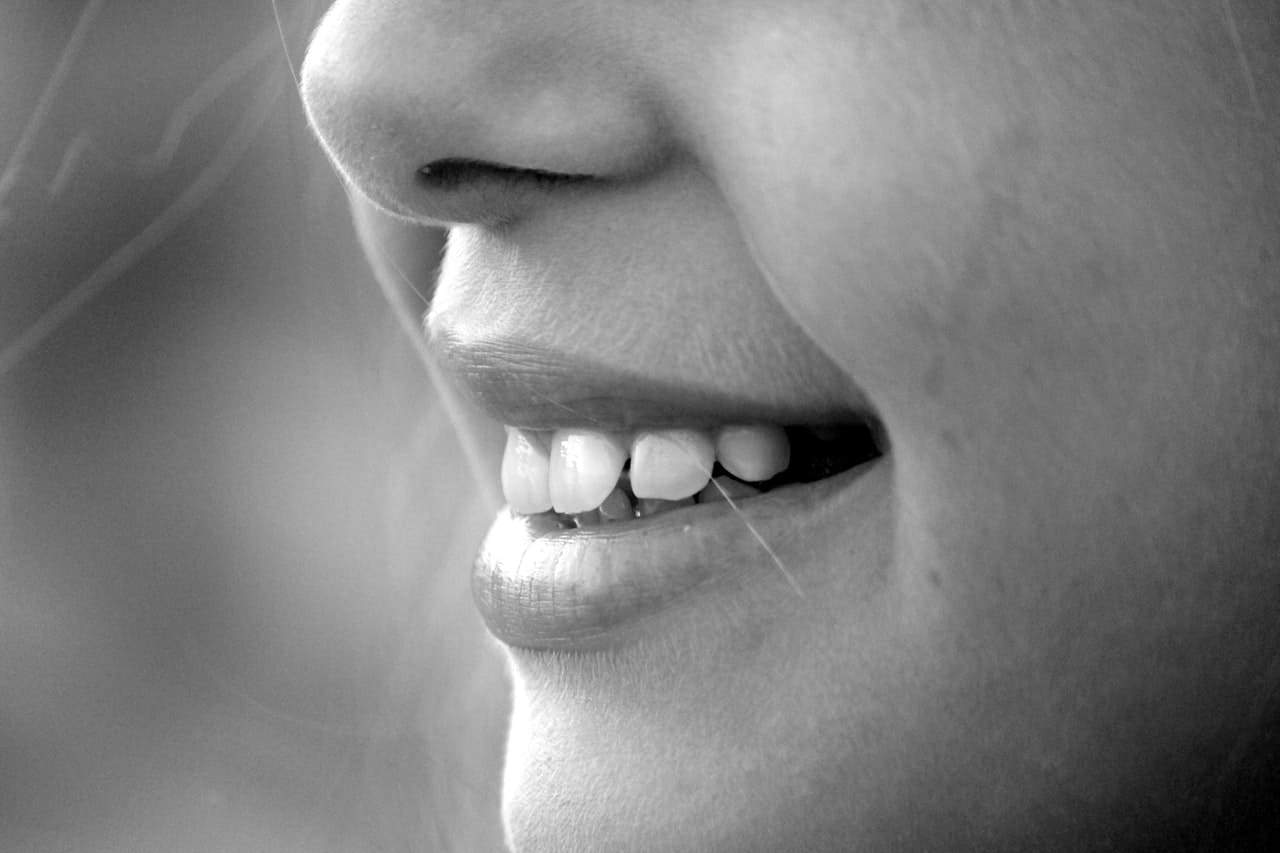Gum disease is scary. Left untreated, it leads to periodontitis, which causes severe health problems. The CDC reports that 48% of adults in the United States over the age of 30 have some form of periodontal disease. Fortunately, once you know the signs you are developing this problem, you can address it promptly.
What is gum disease?
Healthy gums are attached at your jawbone, pulling up over the roots of your teeth for protection and support. It’s not healthy for gums to recede, so the pink areas at your roots are exposed. If receding gums aren’t treated, it leads to tooth decay, infection, or even the loss of teeth. If you lose any of your teeth, you may get a tooth implant to have it replaced.
Gum disease connects to heart disease, strokes, premie or stillborn births, and even cancer. Gingivitis and periodontitis are late stages of gum disease that require dental treatment and sometimes surgery.
Watch for the red flags of gum disease.
You may wonder if you have gum disease. Here are 15 red flags that warn you that you have it.
-
Pain when you brush your teeth
If your teeth hurt when you brush, it could be a sign of gum disease. As your gums recede, the roots get exposed. This causes pain when you touch your teeth with your toothbrush. Poor brushing habits also contribute to tooth pain including
- Brushing too hard
- Brushing the wrong way
- A toothbrush that is too hard or too soft
- Applying too much force when you brush
-
Bleeding gums when you floss
If your gums bleed when you floss, it could mean you’re headed towards gum disease. Your gums may suffer if you don’t floss regularly, or you’re flossing too hard. But if this isn’t the case, there’s a good chance you could have the beginning of gum disease.
-
Bad breath
Everyone has bad breath once in a while. This can be due to a cold or sinus infection or a stomach upset. But if you consistently have bad breath, even after you brush and rinse with mouthwash, this could be a sign of early stages of gum disease. Bad breath occurs when bacteria grow around your teeth or in your gums. Growing bacteria release a smelly gas that gives you stinky breath.
-
Pain when you eat hard foods
Painful sensations when you eat raw vegetables, crunchy chips, or chew meat could show you have gum disease. The roots of your teeth are where you feel pain. If they’re exposed or not fully covered by your gums, this will trigger pain when you eat solid foods. Be sure to tell your dentist if you have pain when you eat. Your dentist can prescribe a less abrasive toothbrush and treat your gums to lessen your pain and slow down the gum disease.
-
Loose teeth
If you have any loose teeth, contact your dentist immediately. This indicates the later stages of periodontitis, which could be dangerous to your health. Your gums help secure your teeth in place. Receding gums encourages bacteria to grow, causing tooth decay. Decay wears away at the roots of your teeth, loosening your teeth. Inform your dentist of any loose teeth so they can treat prevent further damage.
-
Swollen gums
Swollen gums are painful. They may bleed when brush or floss. You may also have sensitivity when you drink or eat. Swollen gums are a big red flag that your gums aren’t healthy. Healthy gums should have a textured look to them. This is because gum tissue has ridges and lines. In the early stages of gum disease, your gums lose this the stippled look. Instead, gums get very smooth and swollen around your teeth.
-
Sensitivity to hot or cold
Sensitivity to hot or cold drinks is another red flag of gum disease. This can be because of receding gums exposing your roots to the hot or cold beverage. It could also be because of a thinning of tooth enamel that covers the outside of your teeth. Either way, your teeth are left unprotected. Over time, this sensitivity will get worse. Tell your dentist right away if you have hot or cold sensitivity.
-
Red-colored gums
Has the color of your gums changed recently? Normal, healthy gums are a dark pink color. The more red your gums are, the more significant the chance you’ve got a growing infection. If you have an advanced stage of gum disease, your gums will turn dark red or even purple color. This is a bad sign of severe infection. Tell your doctor right away if your gums change color. Your dentist can check for infection and treat it before it gets too advanced.
-
Change in your bite
If your bite changes, it may be a sign that your teeth have shifted because of gum recession. Loose teeth move ever so slightly. This changes your bite, which increases the chance of a more gum recession. Your dentist or periodontist can return your bite to normal with braces. Realigned teeth help slow down your gum recession.
-
Gaps between your teeth
Similar to a change in your bite, gaps in between your teeth occur if your teeth shift. If your gums aren’t holding your teeth securely, they lean in or sideways, causing ugly gaps. Sometimes you don’t realize this is happening until you notice a large hole. Your dentist might prescribe Invisalign braces Melbourne to realign your teeth and get rid of the gaps. This invisalign treatment is widely considered to be the world’s most advanced clear aligner system, a clear alternative to metal braces for kids, teens, and adults.
-
Pus in between your teeth
Infection is a side effect of untreated gum disease. If you see any signs of infection like pus or smell a putrid odor, this is a sign you have gum disease. Infections left untreated cause you to lose your teeth. But worse than this, infections can lead to heart diseases because the virus gets passed through your bloodstream to your heart or other organs. Contact our dentist immediately if you see any signs of infection between your teeth or around your gums. Antibiotics will clear up the infection. Your periodontist may suggest further treatment to prevent new infections.
-
Your teeth look longer.
If you notice that your teeth look more significant or more extended, it could be because your gums are pushed back. Receding gums cause the teeth to look longer. You may also see the very tips of the roots of your teeth. This is a big red flag that you have the early stages of gum disease.
-
You can see the root of a tooth.
Seeing the roots of your teeth is a red flag. Your gums have receding leaving your roots exposed to damage and infection. Your dentist or periodontist will measure the depth of the area between your gums and your roots to determine how bad the gum disease is and prescribe treatment.
-
Pockets under your gums
The little pockets under your gums are areas. These gaps are parts of your gums that have receded away from your teeth. When you go to the dentist, they will probe the areas and measures the gaps to estimate the damage. Your dental hygienist cleans these areas thoroughly to remove any infection that might hide in these pockets.
-
Dark-colored gums
Dark pink or purple gums are a sure sign of gum disease. This color of gums is a sign that your gums have receded and are being slowly destroyed by gum disease. The darkness shows a lack of oxygen getting to your gums. Infection grows well in this kind of condition. Your dentist or periodontist will check your gums regularly and prescribe a deep cleaning to prevent disease.
Final thoughts on the causes of gum disease
Is it your fault that you have gum disease? Maybe, but maybe not. Here are typical reasons why you may have gum disease including
- Crooked teeth
- An injury to your mouth
- Genetics-If your mom or dad has gum disease, you can inherit it from them.
- Hormonal changes from pregnancy or oral contraceptives
- Medications
- Particular disease like autoimmune diseases
- Stress
- Smoking
- Grinding your teeth
- Poor dental hygiene
Talk with your dentist about any predispositions you may have towards gum disease. Maintain good oral hygiene-brush, floss, and swish with mouthwash twice a day. Avoid smoking and try to lower your stress.
Research the side effects before you take certain medications or oral contraceptives. Protect your teeth the best you can with regular dental visits at least every six months. Following these simple practices will give you your gorgeous smile back.























